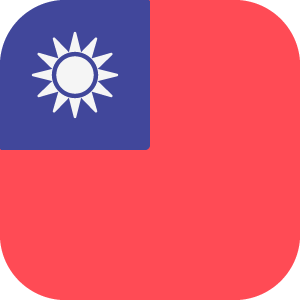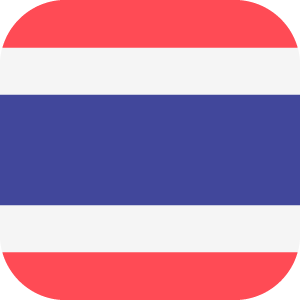
If you came in contact with Japanese pop culture, you surely heard the word “otaku”. But was does it mean and where did it come from? Does it mean reading manga all day long, watching one anime after another, going to conventions every week, spending time only with people with a similar passion and talking about nothing else?

Otaku (お宅) actually means “another person’s house or family“ in Japanese, and is often simply used as „you“. In modern Japanese slang, the term otaku is mostly equivalent to the western equivalents “geek” or “nerd“. It describes especially men, whose interests are mainly about manga (漫画), anime (アニメ), cosplay (コスプレ kosupure), or computer and video games. But the target subject could actually be anything else as long as you are fully dedicated to it, like trains, sports, military, idol or animals. The expression for describing these fans probably occurred first in Nakamori Akios column “Otaku no kenkyu” (おたくの研究) for the magazine “Manga Burikko”. He is describing a type of man creating own stories and manga to his favorite anime (dojinshi /同人誌), dressing as its characters, and meeting up with like minded people at events like Comic Market.

Train fans are called “tetsudo otaku” (鉄道オタク), or abbreviated as “tetsu ota“ (鉄オタ). And even the train otaku section has about 36 different sub-otaku! From those obsessed with train noises to experts in train lunch boxes. For example tori tetsu (撮り鉄), who enjoys taking pictures of trains and onkyo tetsu (音響鉄), who focuses on sounds made by trains and recording them, and also appears often in Japanese TV with their amazing ability to identify the type of train and which line its on, while just listening to a short audio clip. Or the military experts called gunji tetsu (軍事鉄). Did you know there is such a thing as armored train cars and train-mounted weapons? These guys do.

While in the west the term otaku is not so common, and mostly is used by Japanese manga and anime fans by themselves, it has a slightly derogatory image in Japanese society, like someone who is spending much time at home obsessed with something, don’t have lot of friends, and lacking in social skills. Its rather an insult, so you don’t wanna be called this way in Japan. That’s why some people prefer the term “maniakku” (マニアック), which means maniac, or fanatic fan. But depending on the person, otaku can have a positive connotation as well, because it also means a great knowledge and being an expert in a specific field. So some people see the label “otaku” as a kind of acknowledgement and want to be called this way. A notable venue for otaku is the Akihabara district in Tokyo. There you can find several cafes featuring waitresses who dress up and act like maids or anime characters, and dozens of stores specializing in anime, manga, retro video games, figurines, card games and other collectibles.

Whereas in the west the term otaku is more related to Japanese manga, anime or video game fans and has rather a positive image. It is a term used by a community with same interests. There are Conventions worldwide where Japanese pop culture lovers gather and share their hobby. The internationally well known Comic-Con in San Diego USA hosts a lot of anime and manga related presentations. And also in Germany there are several events for japanophiles. The biggest one is Japan Day in Düsseldorf with more than 1 million visitors every year.

Words used in this article
お宅 おたく Otaku (your home; your family )
漫画 まんが manga (Japanese comics)
アニメ あにめ anime (Japanese animation)
コスプレ こすぷれ kosupure (dressing in costume)
マニアック まにあっく maniakku (maniac, fanatic fan)
鉄道オタク てつどうおたく tetsudo (otaku train otaku)
撮り鉄 とりてつ tori tetsu (train picture fan)
音響鉄 おんきょうてつ onkyo tetsu (train sound fan)
軍事鉄 ぐんじてつ gunji tetsu (military train fan)
研究 けんきゅう kenkyu (research)
同人誌 どうじんし dojinshi (self-published works)
歴女 れきじょ rekijo (girl with interest in history)

















